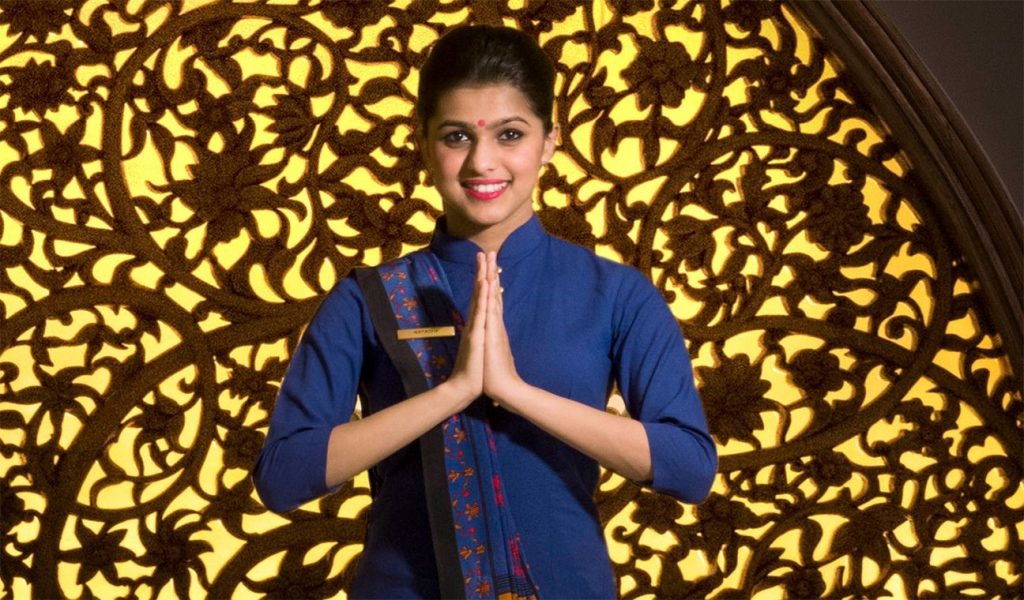
“We are true custodians of hospitality, proud proponents of traditional arts and culture” – Mahatma Gandhi.
Long regarded as a symbol of the enchanting East, India’s rich and varied cultural diversity makes it one of the world’s most incredible destinations.
Whether you have taken any of the varied India tour packages on holiday, business, or for a luxury getaway, it’s a good idea to acquaint yourself with these 8 Indian culture customs and traditions before paying a visit to the land of unity in diversity. You will be fascinated by exploring one of deepest civilizations all over the globe.
Namaste is the Customary Greeting of India
The culture of heartfelt hospitality is one of the most significant characteristics of India. People in India pay highest regards to their guests and value hospitality. In fact, the people in India live by the popular saying, “Atithi Devo Bhava,” which means that the guest is God’s own reflection.
Namaste is the customary Indian greeting that is not only practised to welcome guests but also to acknowledge strangers, working both as salutation and valediction. What’s more, the gesture is said to express courtesy, honour, gratitude, and hospitality to the other person.
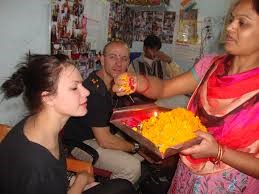 Should you as a foreign tourist practice this Indian hospitality customs, it will work wonders for you to connect with people here, and help will be forthcoming form great bonds.
Should you as a foreign tourist practice this Indian hospitality customs, it will work wonders for you to connect with people here, and help will be forthcoming form great bonds.
Indian culture is very traditional about its peoples’ dressing. Women are expected to dress modestly according to the teachings of religion and societal norms. While trousers are acceptable universally, shorts and short skirts can, in just a few cases, be offensive to many. These rules become particularly important while visiting temples and mosques.
Generally, Indian people find it hard to understand why the rich foreigners would wander around in shabby clothes, emulating the lowest ranks of the Indian society but we as Indians must avoid wearing revealing or tattered clothes that might draw negative attention from the locals.
Dressing in a ‘respectable’ manner according to local customs and staying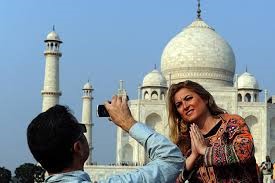 well-groomed will vastly improve the impression you make on the local people.
well-groomed will vastly improve the impression you make on the local people.
In India, it’s a common practice as part of Indian hospitality culture to offer gifts while visiting friends and acquaintances. So during your trip to India, if you’re visiting friends or planning to thank your hosts, you cannot go wrong with a box of sweets.
While dining with the Indians one should be prepared to consume a sumptuous (and usually over-filling) meal, which can be the result of a repeated service from the host, straight on to your plate, the refusal of which can, in a few cases, be taken as an offence. The Indian host feels that the more you eat, the happier and satisfied you are while dining and that is what can make the host happy. So, never say no as the dishes will, more often than not, be forced on to your plate.
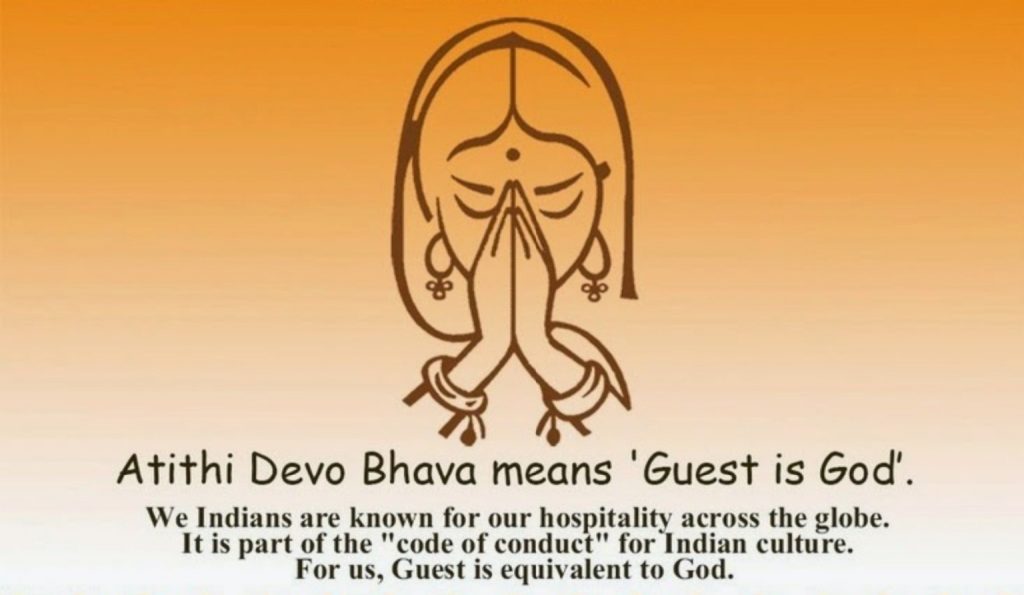
In case you are lucky and get an invitation to attend an Indian wedding, never ever miss the opportunity. You will be surprised by the number of people attending, lured by the hundreds of dishes on the buffet tables, mesmerised by the décor, the flower arrangements, the music and, indeed the personal concern and care by the hosts.
India is a land of great history and hospitality and it continues to thrill the world with new technologies in the field of tourism & hospitality and will continue to do the same for centuries…
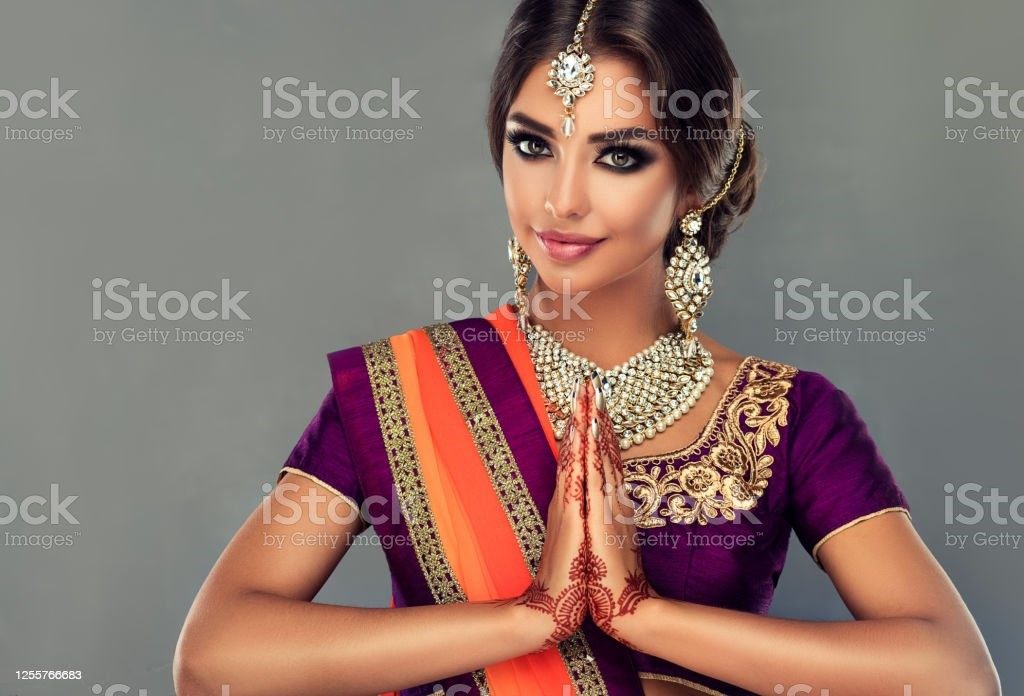
Students of hotel management and tourism, Vatel Hotel & Tourism Business School, Sushant University, Gurgaon are given special assignments and projects to write about the hospitality traditions of various countries of the world. This is one of such deep studies.
